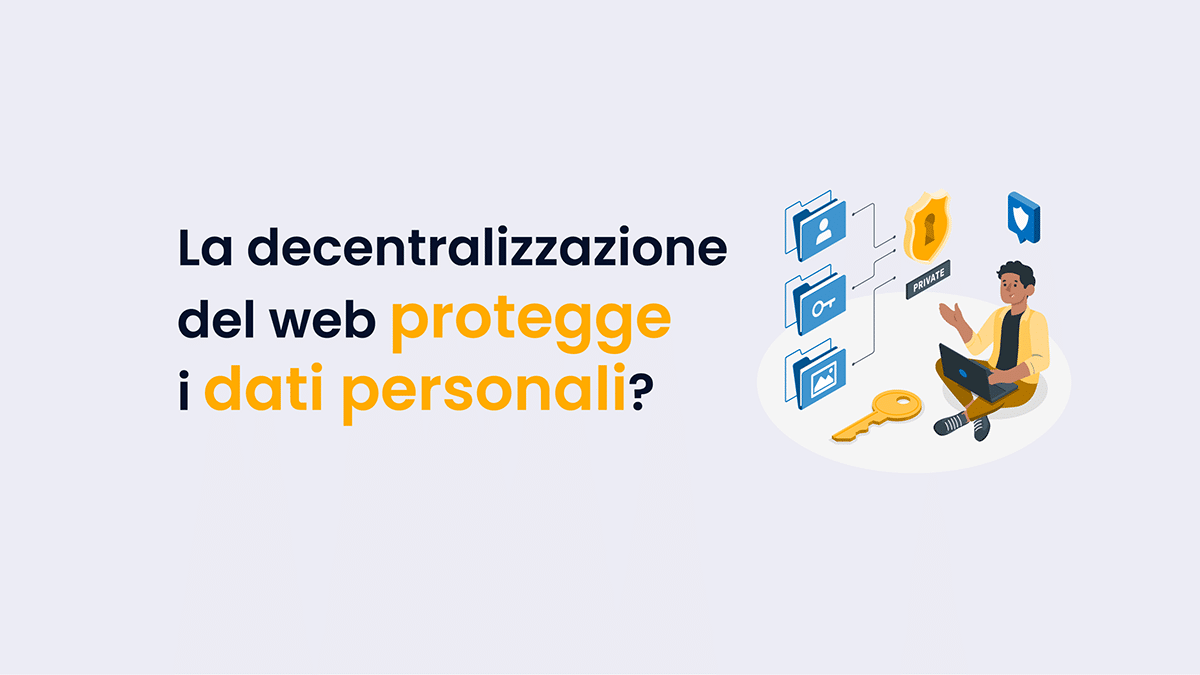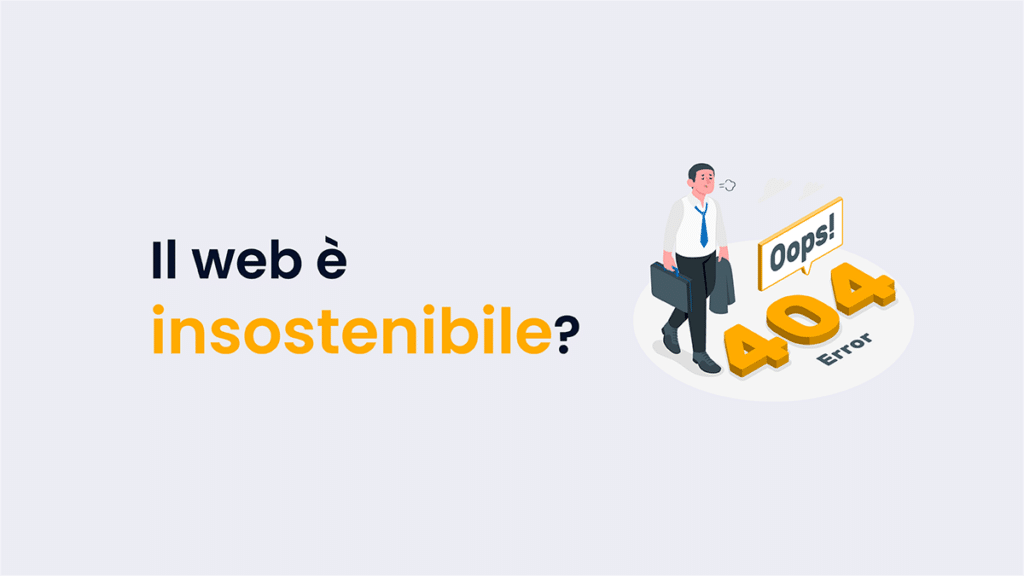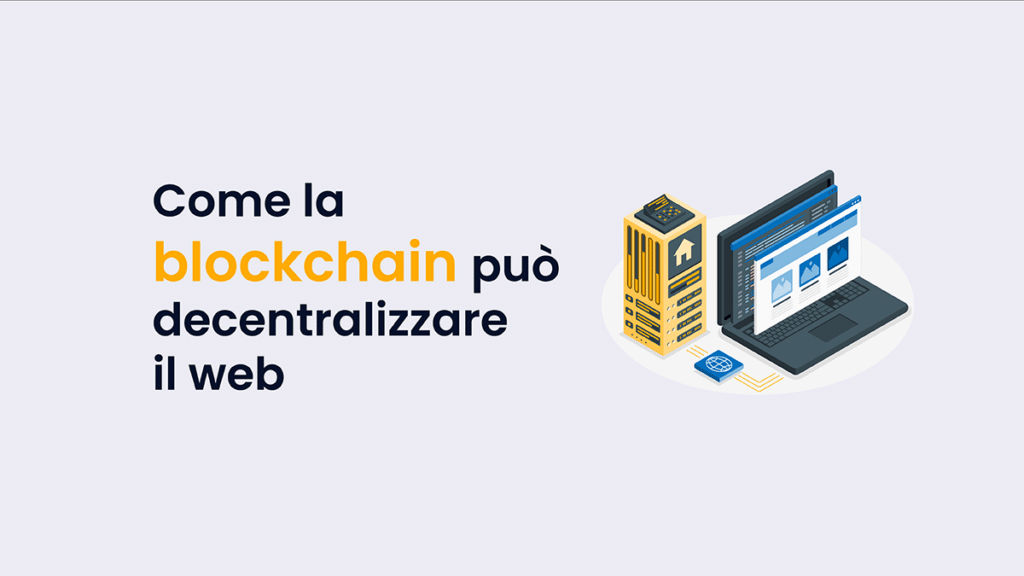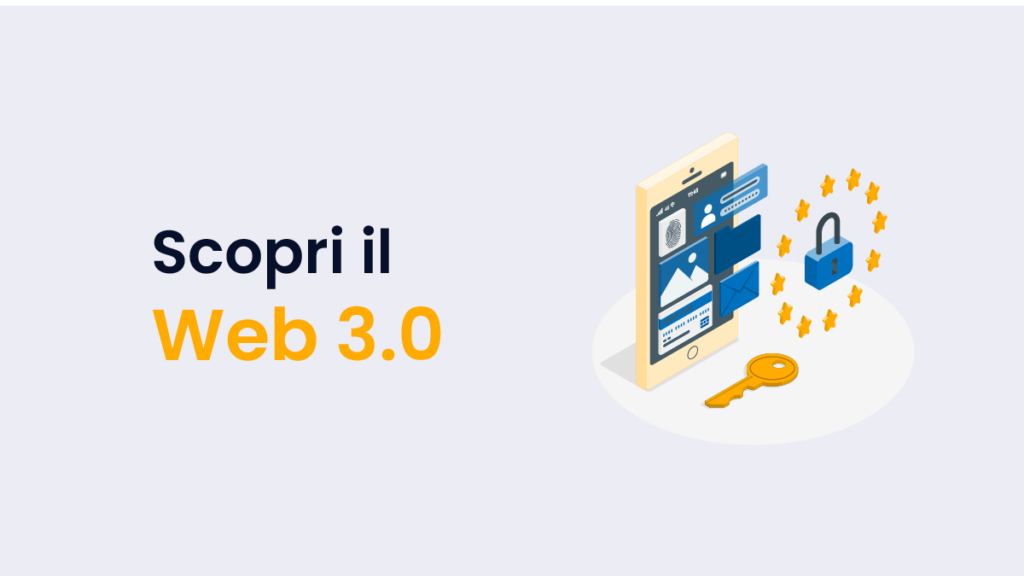Oggi privacy e sicurezza dei dati personali sono oggetto di attenzione da parte di una fetta sempre più significativa di utenti. In effetti, viviamo con la crescente consapevolezza di essere registrati e classificati ogni volta che cerchiamo qualsiasi cosa ci interessa su un motore di ricerca, quando navighiamo sui siti, su un social, o quando usiamo varie applicazioni gratuite per divertirci anche solo dieci minuti.
E qua non stiamo parlando di fantasiose teorie del complotto, ma di una palese dinamica di mercato.
Infatti secondo una stima della Commissione Europea, il valore dell’economia dei dati nell’UE raggiungerà circa 830 miliardi di euro nel 2025. All’interno di questo grande cluster preso in considerazione, non si sa ha una stima esatta del valore specifico dei dati personali. Tuttavia, si sa che questi rappresentano una parte significativa di valore, in quanto tanti colossi del web, specialmente nel settore della pubblicità e dei servizi digitali, si basano proprio sui dati personali per offrire prodotti, servizi e pubblicità mirata.
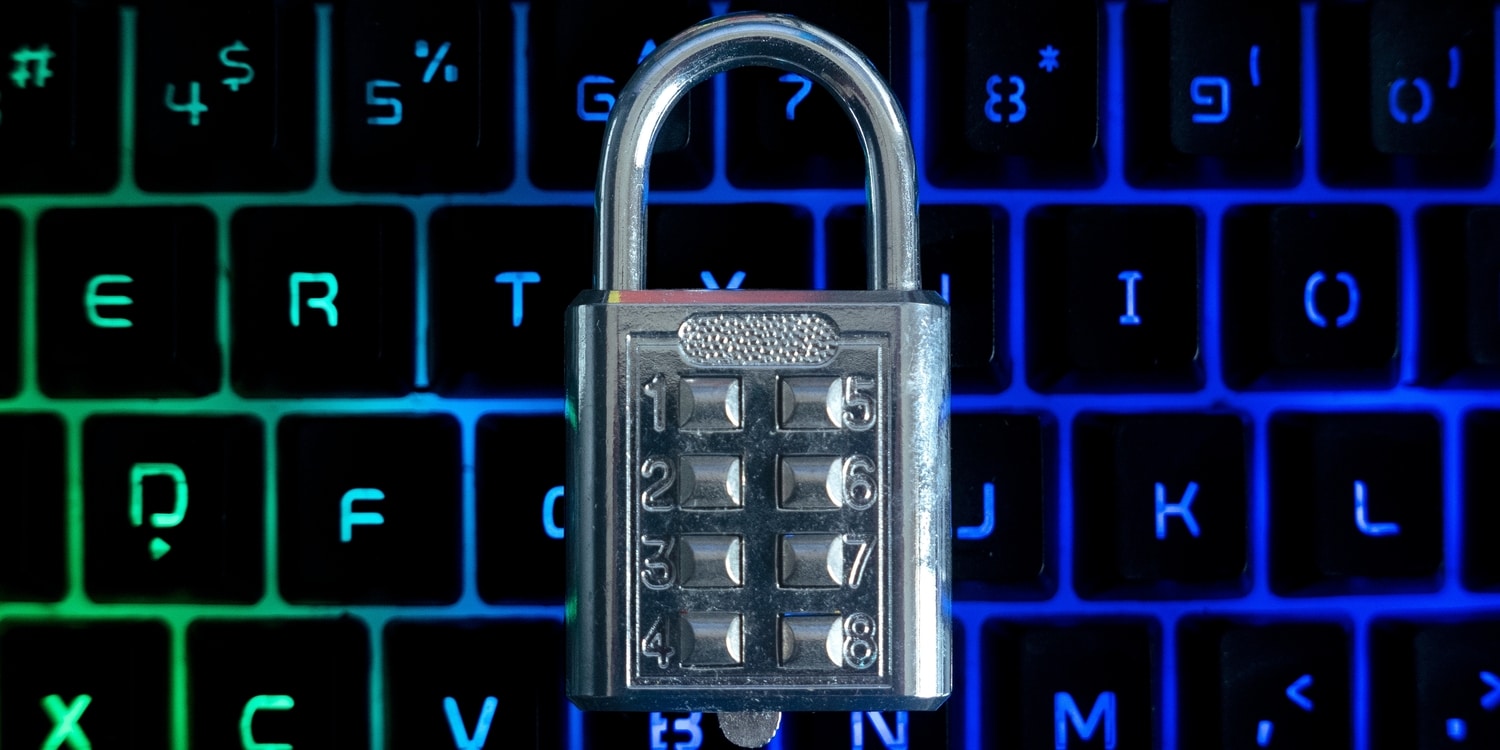
Indice dei contenuti
Privacy e sicurezza sono principalmente una questione strutturale
La privacy e la sicurezza vengono enfatizzate nella comunicazione di massa e vediamo i primi tentativi seri di regolamentazione web (vedi il Digital Service Act).
Tuttavia nessuno di noi ha modo di vedere come sono stati utilizzati i propri dati personali, quali, e quanto valore abbiano generato e per chi. E, allo stesso modo, non esiste nulla che ci chiarisca dove sono raccolti, né se siano sicuri o violabili. Per dire, non esiste un’applicazione diffusa massivamente che offra un servizio al riguardo. Questo perché ci si concentra maggiormente su connettività, intrattenimento e business: migliaia di applicazioni e strumenti che ci attestano l’esistenza di tecnologie e risorse che teoricamente sarebbero adatte a monitorare e tracciare destinazioni, privacy e sicurezza dei nostri dati personali: quindi si potrebbe tutto ridurre a una “semplice” questione strutturale.
Infatti andare a cercare ragioni univoche a questa dinamica e aprire una caccia ai moventi rischia di diventare una fuorviante battaglia contro i mulini a vento: una lotta senza una solida risoluzione, che può destinare le persone a percepire minacce anche dove non ci sono e a diffidare degli stessi mezzi che, paradossalmente, continuerebbero a utilizzare ogni giorno. Sviluppando così insoddisfazioni di natura emotiva e psicologica… oppure l’appiattimento.
La decentralizzazione punta a trasformare le attuali strutture
La decentralizzazione del web si riferisce a una rete in cui i dati e le risorse non sono controllati da un singolo ente centrale, come avviene nel web tradizionale. Nel modello attuale, gran parte del traffico web passa attraverso server e piattaforme di proprietà di grandi aziende, che fungono da intermediari per la gestione dei dati. La decentralizzazione, invece, si basa su tecnologie come la blockchain e le reti peer-to-peer, dove le informazioni sono distribuite tra vari nodi, eliminando la necessità di un’autorità centrale. Questo approccio riduce la dipendenza da terze parti e offre agli utenti un maggiore controllo sui propri dati, in linea con la visione del Web 3.0, che mira a rendere internet più trasparente e democratico.
Quindi il web decentralizzato può veramente proteggere privacy e sicurezza dei dati personali
- Gli utenti effettivamente hanno controllo diretto, piena proprietà e controllo sui dati personali. Quindi possono decidere autonomamente come e con chi condividerli. Ciò è chiaro incida notevolmente sulla privacy e sulla sicurezza.
- I dati sono meno vulnerabili e soggetti a violazioni di massa, visto che sono distribuiti tra vari nodi e dunque non esiste un unico punto centrale che può essere attaccato. Questo riduce il rischio di hacking o di furto di dati su larga scala, come quelli che colpiscono spesso i server centralizzati.
- Quindi la trasparenza aumenta, siccome le tecnologie decentralizzate (come la blockchain), offrono tracciabilità e verificabilità delle transazioni e degli scambi di dati, rendendo più difficile l’uso improprio delle informazioni senza che gli utenti ne siano a conoscenza.

Ma ci sono ancora diversi problemi, anche qui di natura strutturale
- Questa maggiore sicurezza implica una maggiore responsabilità, data l’assenza di un’autorità centrale… peccato che la maggior parte degli utenti non disponga delle competenze tecniche necessarie.
- Quindi attualmente c’è una spessa barriera tecnologica che preclude l’utilizzo sicuro e corretto delle piattaforme decentralizzate.
- In più mancano regolamentazioni chiare, sia per l’assenza di una governance centralizzata, sia per la natura ancora troppo recente di queste tecnologie. Basti pensare che oggi neanche il web tradizionale è ancora pienamente regolamentato.
- Infine è molto difficile o impossibile modificare o cancellare alcuni dati personali, cosa che avviene in alcuni sistemi decentralizzati… e quasi paradossalmente accade proprio in virtù dei vantaggi di funzionamento che offrono. Cosa che li fa diventare praticamente un’arma a doppio taglio, dal momento che ciò può diventare un rischio a lungo termine per la privacy e la sicurezza.
Cosa possiamo fare noi per tutelare privacy e sicurezza dei nostri dati personali?
Come utenti e agenti economici di diversa natura, abbiamo sempre un margine di scelta stabilito prima di tutto dalla nostra consapevolezza. Conoscere le criticità delle piattaforme e degli strumenti che utilizziamo, senza demonizzarli mai, ci apre a un loro utilizzo migliore e allo studio di alternative.
E questo, già da oggi, permette anche a chi ha discrete conoscenze tecnologiche maggiori tutele e spazi di scelta relativi agli effetti della diffusione e dell’utilizzo dei propri dati da parte di terzi.
Per esempio, oggi si può subire passivamente una profilazione da parte di un social network, lasciando che si venga sottoposti a pubblicità indesiderate o a contenuti che ci fanno marcire il cervello; quando, invece, è possibile segnalare i contenuti che non ci interessano, educando gli algoritmi a nostro vantaggio. Oppure, se si subiscono violazioni di privacy e sicurezza (anche da parte grandi aziende), è sempre possibile coinvolgere altre persone nella stessa condizione attraverso class action. Azioni che, se svolte massivamente quando c’è fondato motivo di protesta, possono seriamente cambiare alcune direzioni ad alti livelli. In fin dei conti sono i consumatori che fanno il mercato… il quale, da quando esiste, per reggersi in piedi di base è chiamato a offrire quello che la gente desidera alle condizioni che desidera.
Quindi in buona parte la privacy e la sicurezza dei nostri dati dipendono dalle nostre conoscenze, da quello che ci facciamo e dalle nostre competenze. Se in questo percorso scopriremo che una migliore risposta alle criticità riguardo i dati personali sia il web decentralizzato, la volontà di un’adozione di massa potrebbe diventare l’innesco per migliorare la sua fruibilità attualmente proibitiva per tantissima gente.
Staremo tutti a vedere, informandoci, studiando e costruendo progetti nel caso avessimo idee, interesse e possibilità.
